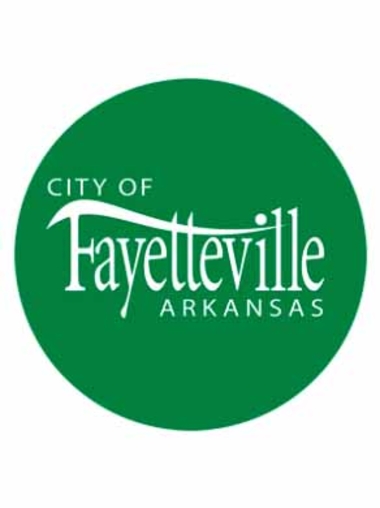Fayetteville voters pass Civil Rights Protection Ordinance

Fayetteville voters passed the Uniform Civil Rights Protection ordinance on Tuesday, June 16, 2015 with 7,666 voters (52.8 percent) casting ballots to approve and 6,860 voters (47.2 percent) voting against. The purpose of Ordinance 5781 is stated as “Fayetteville is a welcoming, fair and tolerant city which endeavors to ensure that all of its citizens and visitors will be free from unfair discrimination. Since Federal and State law already protect citizens from most discrimination, the Uniform Civil Rights Protection Article shall extend existing protections to lesbian, gay, bisexual, and transgender citizens and visitors as recognized elsewhere in state law.”
The ordinance is only applicable to discriminatory actions occurring within Fayetteville city limits; it adopts and incorporates the Arkansas Civil Rights Act; and churches, religious schools and daycare facilities, and religious organizations of any kind shall be exempt.
Fayetteville City Attorney Kit Williams has noted, “The Uniform Civil Rights Protection Article shall not be interpreted, construed nor applied in a manner that would violate the Religious Freedom Restoration Act of 2015 (A.C.A. § 16-123-401, et seq.) as long as that law remains constitutional, valid and effective. The free exercise of religion protections of that law shall be complied with throughout any and all complaint mediation, hearing and enforcement proceedings.”
The ordinance also established the Civil Rights Commission which reviews and decides complaints of alleged discrimination in violation of Fayetteville’s Uniform Civil Rights Protection article. The Commission consists of seven members - two representatives of the business community; two owners or managers of rental property; one representative with experience in Human Resources or employment law; two citizens-at-large, at least one of whom identifies as gay, lesbian, bisexual, or transgender.
The City Attorney’s office receives complaints on behalf of the Civil Rights Commission and assists the Commission in performing its duties and carrying out its responsibilities. A person asserting a claim of discrimination must present such claim in writing to the City Attorney’s office no more than 90 days after the person has knowledge of the facts giving rise to the claim of discrimination. Within two business days, the City Attorney’s office will notify the Civil Rights Commission that a complaint was received and the Commission’s chairperson calls a meeting to proceed.
The Commission is meeting on Thursday, January 14, 2016 in Room 326 of City Hall to discuss procedures for hearing cases.
The Gayly – 12/9/2015 @ 10:39 a.m. CST





